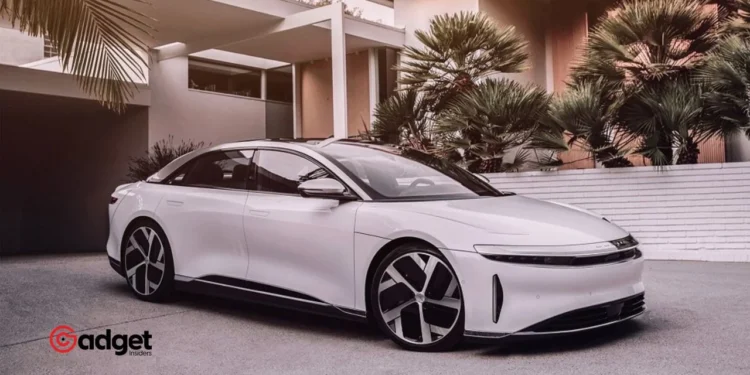Lucid Motors, the renowned luxury electric vehicle (EV) startup, is making headlines yet again, not just for its groundbreaking vehicles but also for its strategic decisions in the face of looming financial pressures.
The company, recognized for its high-end electric cars, has initiated significant workforce reductions as part of a comprehensive restructuring plan aimed at slashing costs and enhancing productivity.
Approximately 400 employees, representing about 6% of its workforce, are expected to be affected by these changes across various departments including vehicle engineering, IT, human resources, powertrain, and manufacturing.
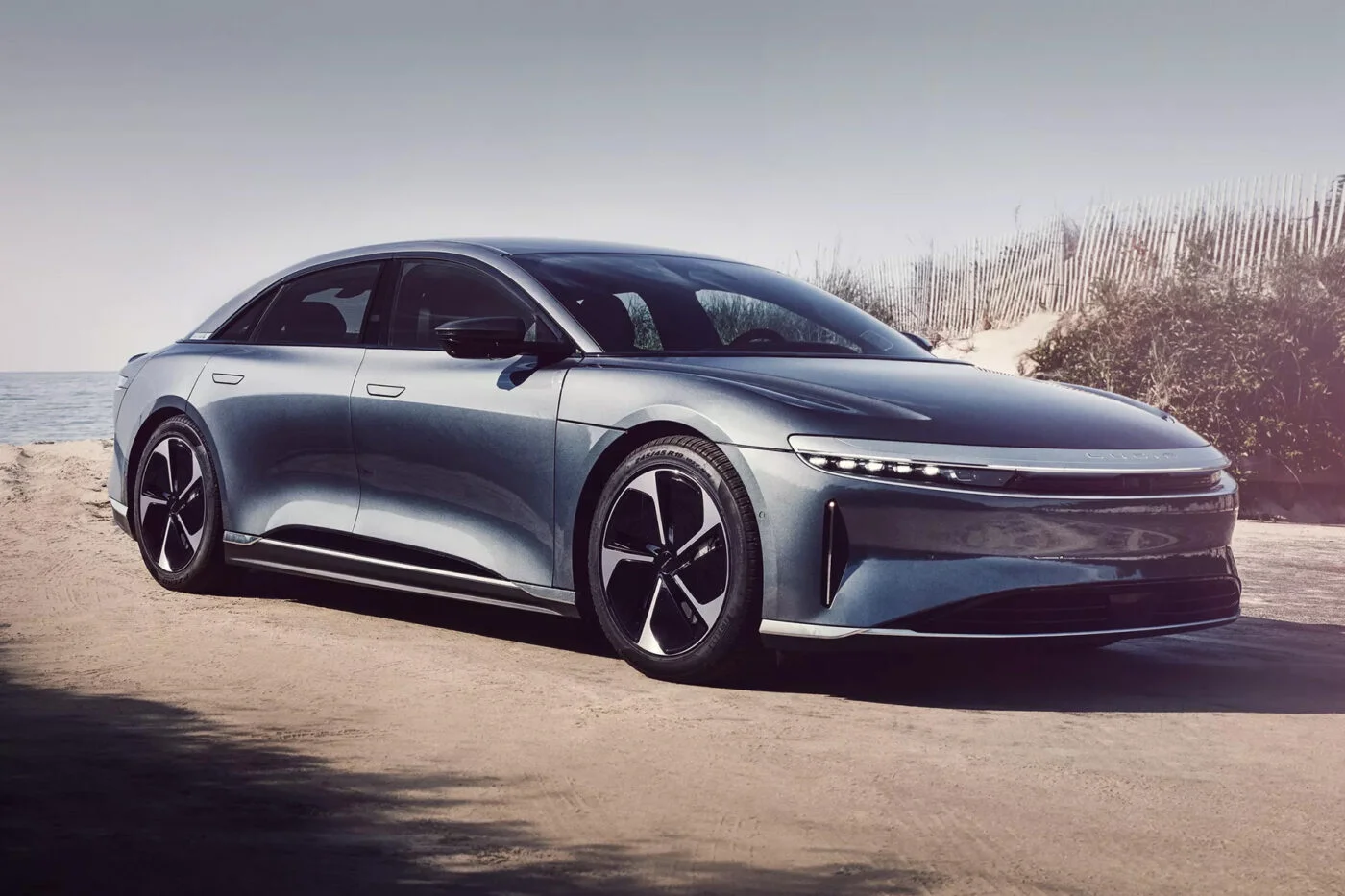
This move comes as Lucid Motors acknowledges the need for drastic measures to maintain its operational efficiency and financial health. According to the company’s statement, this restructuring will “improve productivity through a reduction of the Company’s current employee workforce,” with the plan anticipated to be “substantially complete by the end of the third quarter of 2024.” Lucid estimates the financial impact of these changes to be in the realm of $21 million to $25 million, mainly due to severance and related costs.
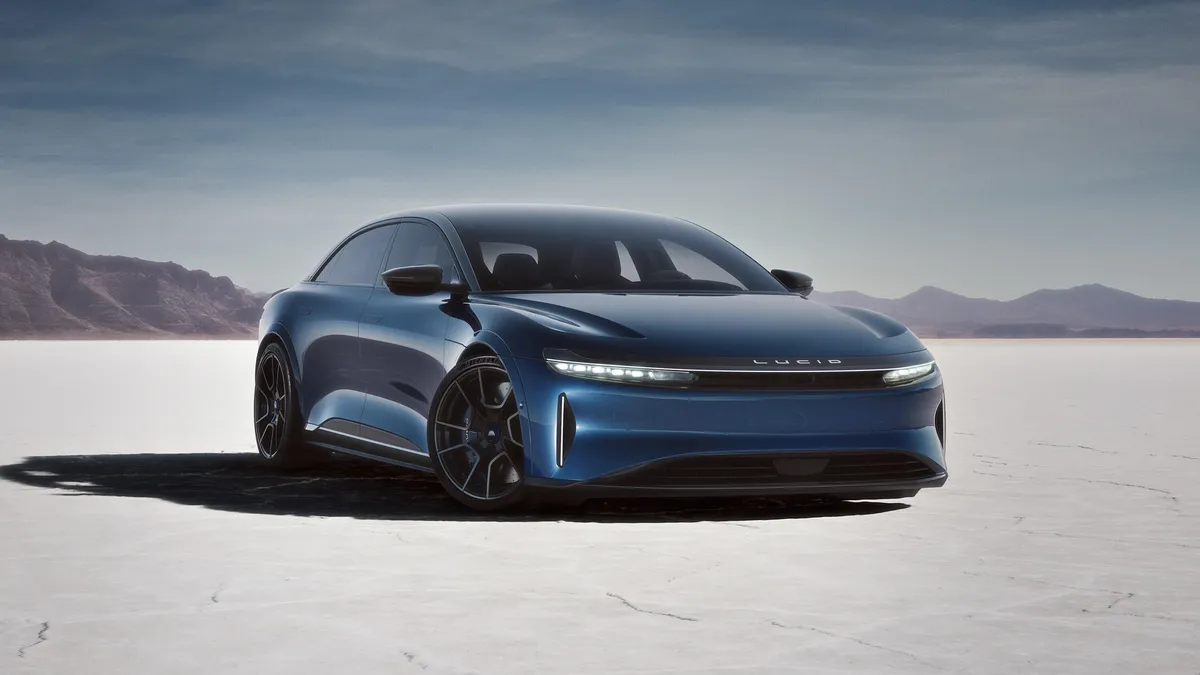
Lucid’s Financial Horizon: A Race Against Time
The financial backdrop of Lucid’s restructuring reveals a more pressing concern: the company’s liquidity. With only enough cash reserves to cover the next 12 months, Lucid is at a critical juncture.
This situation was highlighted in a memo from CEO Peter Rawlinson to the U.S.-based teams, emphasizing the urgency of their current financial strategy. The previous year, Lucid managed a significant workforce reduction, cutting down 1,300 positions, including executive roles. Yet, the financial challenges persist as the company continues to navigate through the turbulent waters of the electric vehicle market.
In a stark revelation earlier this month, Lucid updated its stakeholders during its first-quarter financial results presentation, maintaining its annual production target at 9,000 vehicles but cautioning that its cash reserves are expected to last only until the second quarter of the following year.
This precarious financial position has raised alarms among investors, prompting discussions on the need for additional capital infusion to sustain operations. The situation is compounded by the recent $1 billion investment from Saudi Arabia’s Private Fund, which, while substantial, underscores the ongoing capital requirements to stay afloat in this competitive industry.
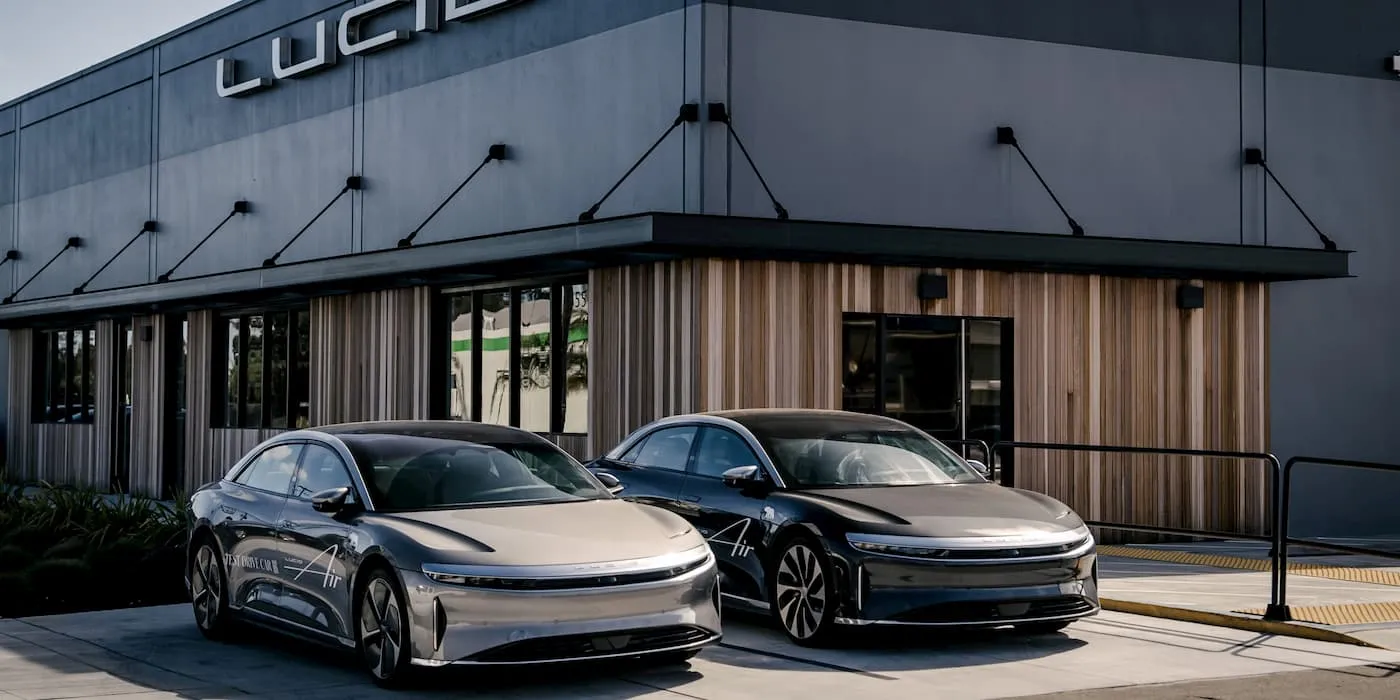
Innovation Amidst Adversity: Lucid’s Forward-Thinking Approach
Despite these financial hurdles, Lucid Motors continues to push the boundaries of EV technology. CEO Peter Rawlinson, in his recent appearance at the Financial Times Car Summit, expressed a clear focus not on producing more affordable models, but rather on advancing energy density technology.
Rawlinson’s vision is particularly evident in his commentary on Lithium Iron Phosphate (LFP) battery technology, which he believes could dramatically reduce costs and pave the way for more affordable EVs in the near future.
“Particularly with LFP [battery tech] advancing, we are looking at costs potentially dropping to under $3,000, maybe closer to $2,000 in a few years. This is what will enable the creation of a $20,000 car for the mass market,” stated Rawlinson. Such technological optimism stands in stark contrast to the company’s current financial constraints and highlights Lucid’s commitment to innovation despite economic pressures.
Moreover, Lucid’s production figures from the first quarter demonstrate robust growth with 1,967 vehicles delivered, marking a 39.9 percent increase over the same period last year. Over 500 of these vehicles found their way to Saudi Arabia, underscoring the global appeal and strategic international partnerships that Lucid is fostering.
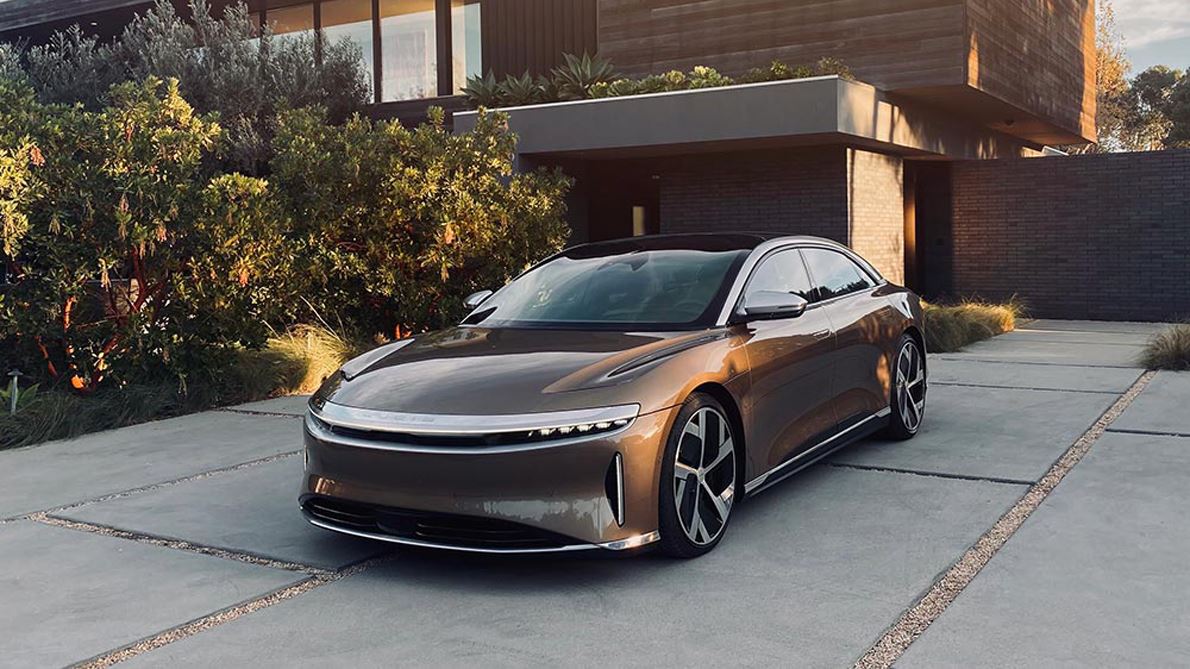
Conclusion: Steering Through Uncertainty
As Lucid Motors steers through these challenging times, the dual narrative of financial strain and technological advancement continues to shape its journey. With a clear-eyed focus on high-impact innovation and strategic financial management, Lucid aims not only to survive the current crisis but to emerge as a leader in the electric vehicle industry. The path forward is fraught with challenges, but with strategic maneuvers and a relentless pursuit of innovation, Lucid Motors is determined to carve out a future that is as sustainable as the vehicles it aims to produce.

